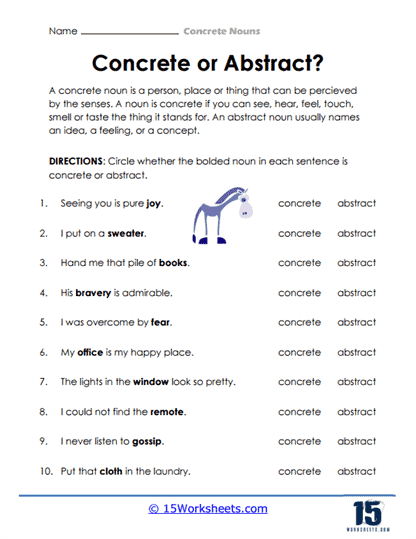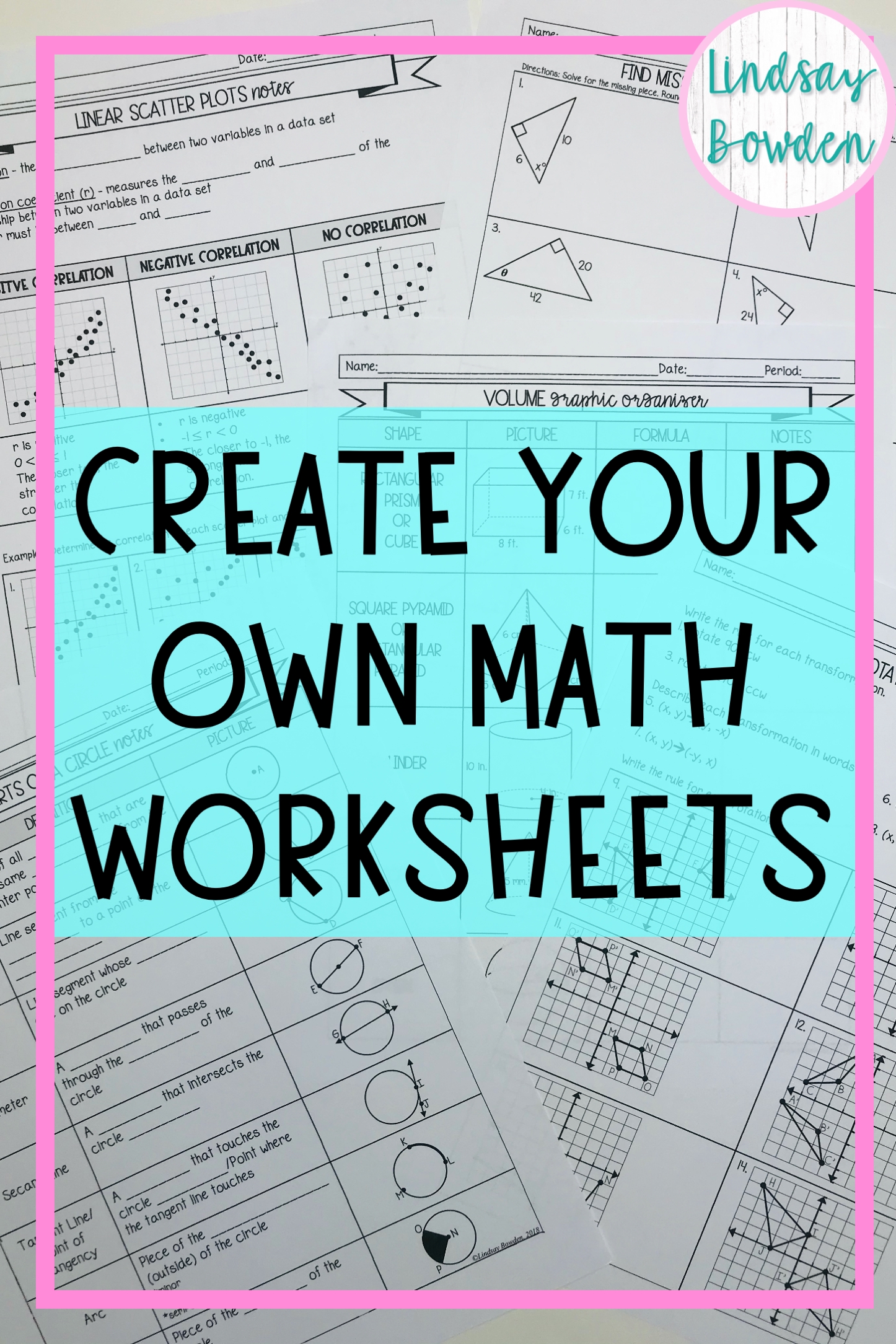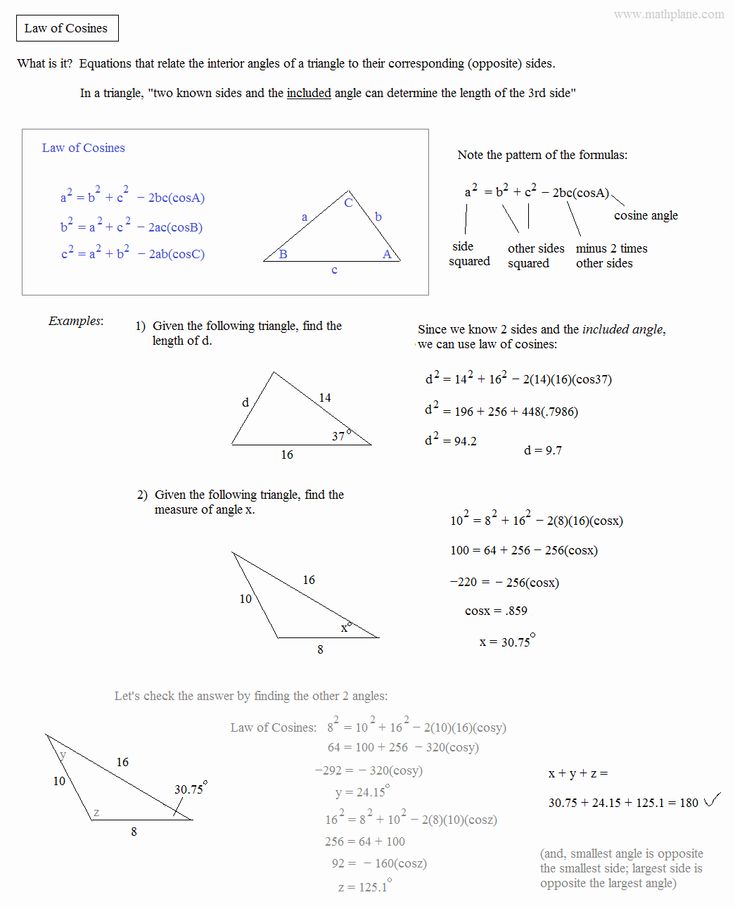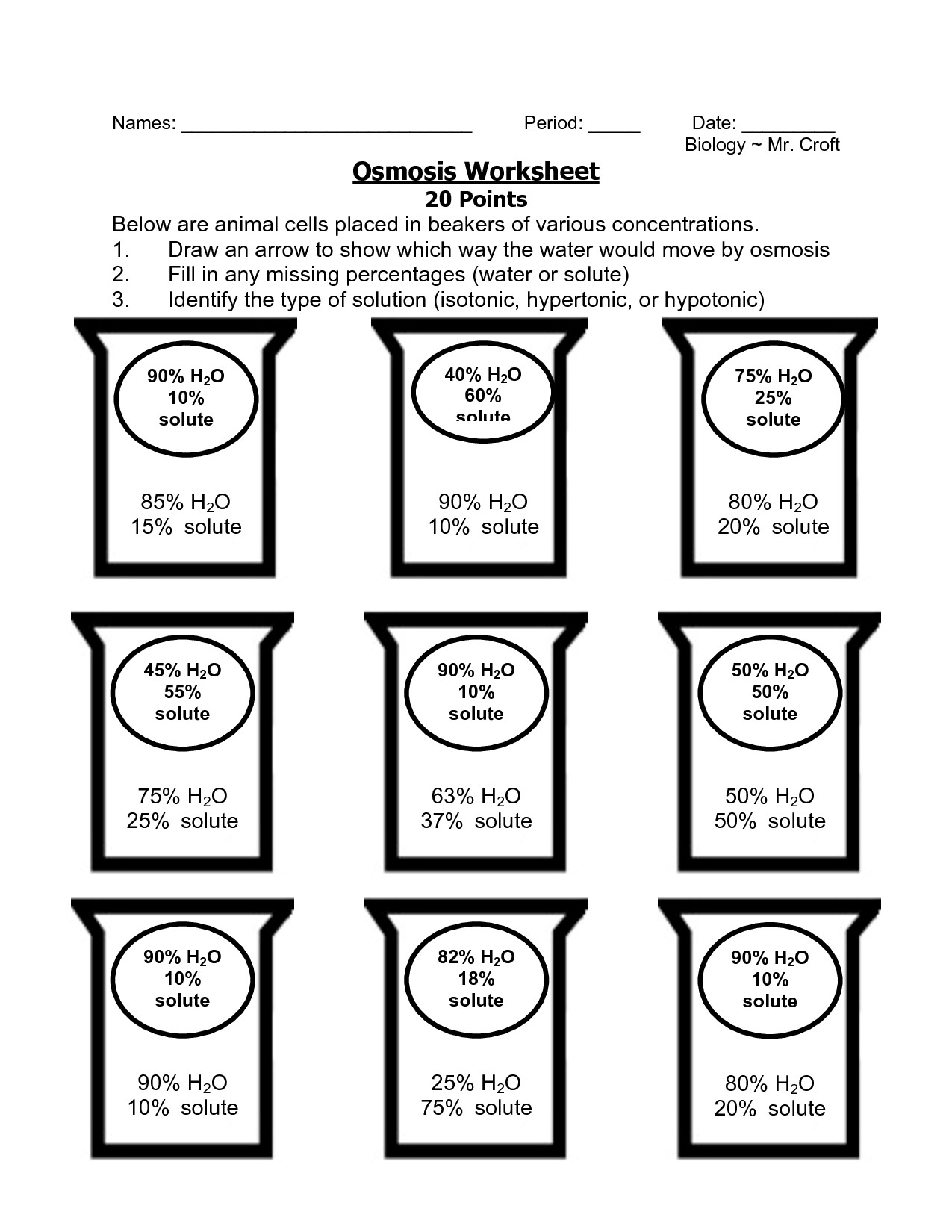Concrete and Abstract Nouns Worksheet Examples

Concrete and Abstract Nouns: Understanding the Difference
When learning about nouns, it’s essential to understand the distinction between concrete and abstract nouns. Concrete nouns are tangible objects that we can see, touch, or experience with our senses, whereas abstract nouns are intangible concepts that we can’t perceive directly.
Concrete Nouns
Concrete nouns are objects, animals, or people that exist in the physical world. They can be seen, touched, heard, tasted, or smelled. Here are some examples of concrete nouns:
- Animals: dog, cat, elephant
- Foods: apple, pizza, sushi
- Places: park, beach, city
- Objects: book, chair, phone
- People: teacher, student, doctor
📝 Note: Concrete nouns can be further divided into proper nouns (names of specific people, places, or organizations) and common nouns (general terms for objects, animals, or people).
Abstract Nouns
Abstract nouns, on the other hand, are concepts, emotions, or ideas that don’t have a physical presence. They can’t be seen, touched, or experienced directly with our senses. Here are some examples of abstract nouns:
- Emotions: happiness, sadness, fear
- Concepts: freedom, justice, love
- Ideas: creativity, imagination, innovation
- States of being: happiness, calmness, excitement
💡 Note: Abstract nouns can be challenging to identify, as they often depend on context and interpretation. However, they play a crucial role in describing complex emotions, ideas, and concepts.
Concrete vs. Abstract Nouns: Examples and Exercises
To better understand the difference between concrete and abstract nouns, let’s examine some examples and exercises:
- Identify whether the following nouns are concrete or abstract:
- Sunshine (concrete)
- Happiness (abstract)
- Teacher (concrete)
- Creativity (abstract)
- Complete the following sentences with either a concrete or abstract noun:
- The _______________ (concrete: book) on the table is mine.
- The _______________ (abstract: freedom) to express ourselves is essential.
- Write a short paragraph using both concrete and abstract nouns:
- As I walked through the park (concrete), I felt a sense of peace (abstract) wash over me. The sound of birds chirping (concrete) and the warmth of the sun (concrete) on my skin made me feel alive (abstract).
Table: Concrete vs. Abstract Nouns

| Concrete Nouns | Abstract Nouns |
|---|---|
| dog, chair, apple | happiness, love, freedom |
| park, beach, city | creativity, imagination, innovation |
| book, phone, teacher | calmness, excitement, sadness |
In conclusion, understanding the difference between concrete and abstract nouns is essential for effective communication and precise language use. By recognizing and using these nouns correctly, we can convey complex ideas and emotions with clarity and precision.
What is the main difference between concrete and abstract nouns?
+Concrete nouns are tangible objects that we can see, touch, or experience with our senses, whereas abstract nouns are intangible concepts that we can’t perceive directly.
Can you give examples of abstract nouns?
+Examples of abstract nouns include emotions (happiness, sadness), concepts (freedom, justice), ideas (creativity, imagination), and states of being (happiness, calmness).
How can I identify whether a noun is concrete or abstract?
+Identify whether the noun can be seen, touched, or experienced with our senses. If it can, it’s likely a concrete noun. If it’s a concept, emotion, or idea, it’s likely an abstract noun.
Related Terms:
- Collective concrete and abstract nouns



